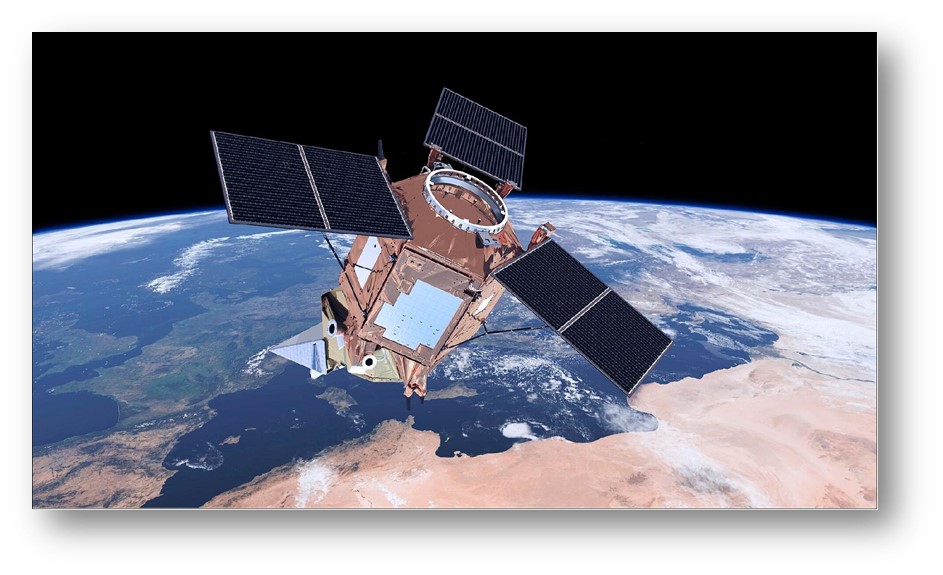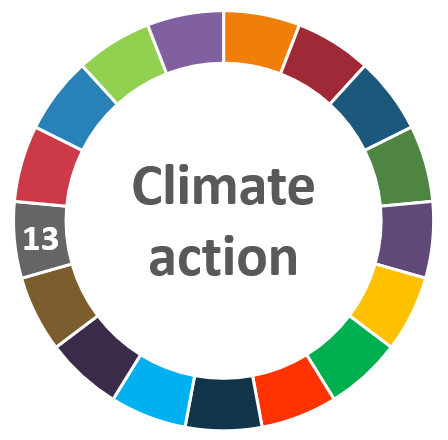
ΑΙhub.org
Observing air quality and flow in cities for public health in times of climate change

With my co-authors Pablo Torres, Sergio Hoyas (both from Instituto Universitario de Matemática Pura y Aplicada, Universitat Politécnica de Valencia, Spain) and Ricardo Vinuesa (from Engineering Mechanics, KTH Royal Institute of Technology, Sweden), we have written a book chapter which focuses on the key role of machine learning (ML) methods to analyze air quality and air flow in urban environments (especially in dense cities) which might be an indicator of public health [1].

We have provided a review of the ML methods used in this field and we have highlighted the relevance of the urban air quality and air flow to the number of hospitalizations and respiratory diseases as they were reported in the literature. With our survey and based on our pre-studies [2,3], we have suggested these points:
- ML methods can help for modelling air pollutant distribution.
- ML methods can help for modelling urban airflow dynamics.
- Remote sensing satellites can provide important information for observing air pollutants and creating urban maps which allow simulation of urban airflow dynamics.
- ML methods can help estimate higher resolution air pollutant maps based on the lower resolution remote sensing satellite observations and in-situ sensors. In this way, ML methods can importantly increase the accuracy of traditional air-pollution approaches while limiting the development cost of the models.
- Once the air pollutant distribution maps and the urban airflow dynamics are known, ML methods can help to estimate expected number of respiratory diseases and the expected number of hospitalizations in an area.
Here is a mini lecture which summarizes our book chapter in a video [4].
https://youtu.be/qZiphexZN_4
References:
[1] P. Torres, B. Sirmacek, S. Hoyas, R. Vinuesa, AIM in Climate Change and City Pollution, Artificial Intelligence in Medicine Book, Springer Nature, to be published February 2021.
[2] R. Vinuesa, et al. The role of artificial intelligence in achieving the Sustainable Development Goals Nature Communications, vol. 11, 2020, p. 233.
[3] L. Guastoni, A. Güemes, A. Ianiro, S. Discetti, P. Schlatter, H. Azizpour, R. Vinuesa,
Convolutional-network models to predict wall-bounded turbulence from wall quantities, e-print, 2020.
[4] Climate change and urban pollution, short lecture video
tags: Focus on climate action, Focus on UN SDGs










